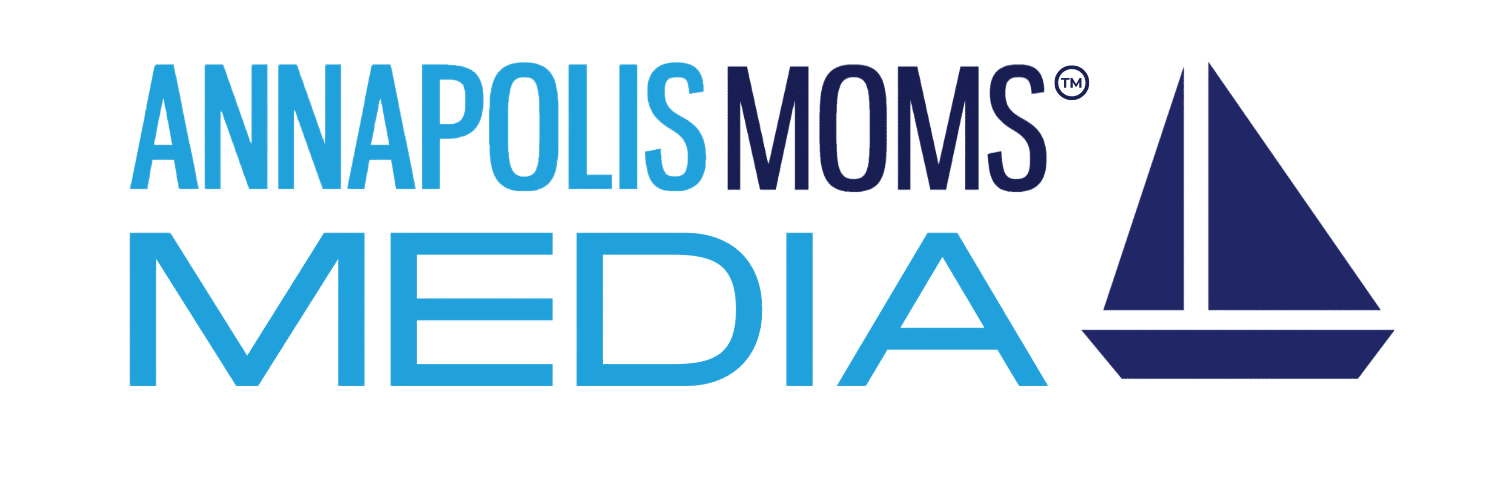
We’re continuing our discussion of CovingtonAlsina’s Hierarchy of Financial Priorities. The second level is cash flow. You want more to come in than to go out. Which, in this area, is easier said than done. You can make a good living, with a well-paying job or two, and still be living paycheck to paycheck. The cost of living is high in Anne Arundel County.
We start with a budget, which is how you spend your money. It’s like a diet. We all have one, and mine included 12 Oreos yesterday. It’s what I ate. A budget is what you spend.
Your bank and credit card companies can often help you here, providing a spending report. There are websites and apps that will analyze your spending as well, such as mint.com. If you’re trying to get a handle on where your money goes, the best thing to do is to keep a log. For a couple of weeks, write down everything you spend. When we look at people’s spending, the most frequent comment we hear is “We spend how much eating out?” Because dining out means O’Leary’s or Lewnes’, not the Chik-fil-A drive-thru on the way home from practice. Those little purchases add up.

A budget helps you make big purchase decisions: how much can I afford for rent or a mortgage payment? Can I buy this car? For most of us, it’s not very helpful managing cash flow.
My mom used to keep a set of envelopes, and she would put cash into each one to budget for expenses that weren’t regular monthly bills – think car maintenance, haircuts, birthday gifts. That’s harder to do these days as we rarely use cash.
To manage cash flow, I keep a small notepad. Each page is a paycheck. I start with how much the paycheck is expected to be. Then I list every expense or bill I know I will have between now and the next paycheck. The bills are easy – electric, car payments and so on. But I also list my normal grocery bill for that time period. And if someone needs a haircut, a birthday present to bring to a party, an oil change, a vet visit – everything you have to spend before the next check. Whatever is left after those expenses is yours to spend.
If there is $100 and you want to get coffee every morning, great. Get your nails done, go out to eat. That’s your discretionary money until the next paycheck. But what if there is no money left over?
I usually run three to four pages of paychecks. This allows me to notice that, due to timing, I have a large amount leftover one pay period, and nothing the next. So, the pay period with a lot of money is used to prepay some bills that are due in the next pay period. Or I push off the oil change or haircut for two weeks, until I can afford it. If you’re married, or share finances with a partner, this is a good thing to look at together every couple of weeks. When money is tight, you may need to look at this daily.

We’ll continue this in a future column, and talk about credit card debt. If you have questions, email us at info@covingtonalsina.com.
by Ann C. Alsina, CFP®, CPWA®, CovingtonAlsina
Investment advice offered through Great Valley Advisor Group, a Registered Investment Advisor. Great Valley Advisor Group and CovingtonAlsina are separate entities. This is not intended to be used as tax or legal advice. Please consult a tax or legal professional for specific information and advice. The opinions voiced in this column are for general information only and are not intended to provide specific advice or recommendations for any individual.
Disclaimer: The views and opinions expressed on Annapolis Moms Media and its affiliates are those of the authors and/or experts and do not necessarily reflect the official policy or position of Annapolis Moms Media. Any content provided by our bloggers or authors are of their opinion, and are not intended to malign any religion, ethnic group, club, organization, company, individual or anyone or anything.
The published article is available for informational purposes only and is not considered licensed professional advice on any subject matter. By viewing articles/blog posts, the reader understands there is no client relationship between the reader and the publisher and its authors. The article/blog should not be used as a substitute for professional advice from a licensed professional, and readers are urged to consult their own counsel on any specific questions concerning a specific situation.



